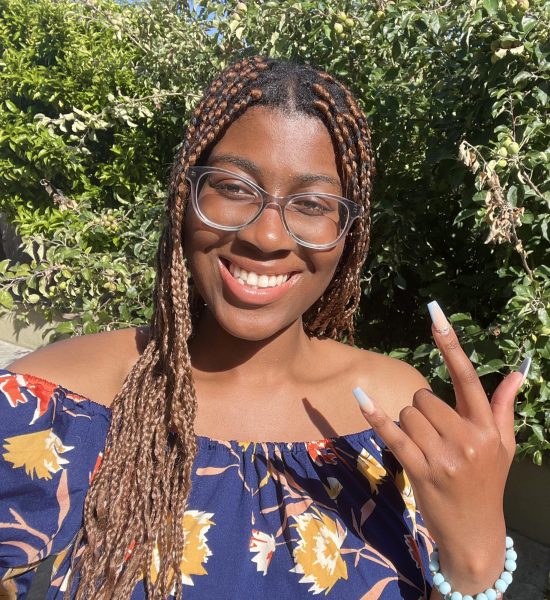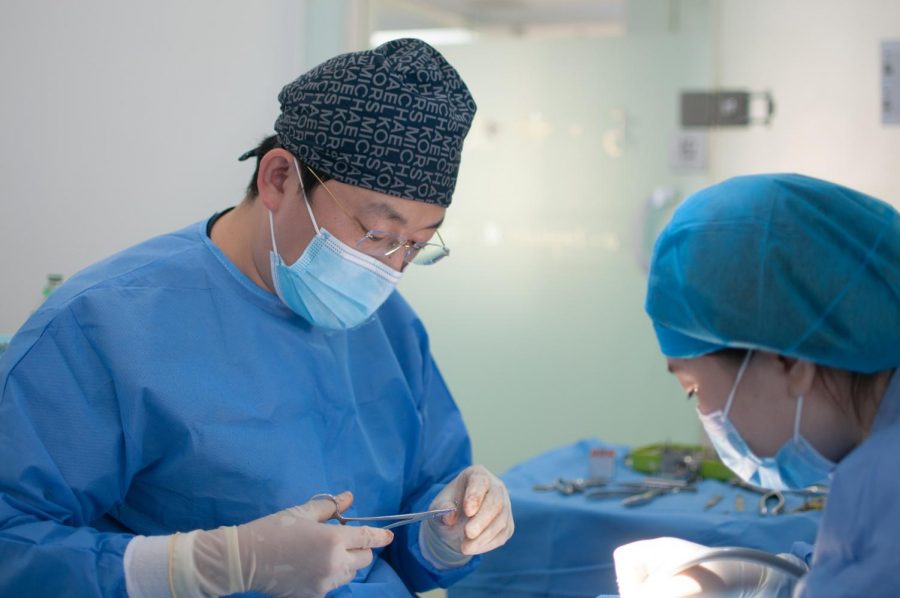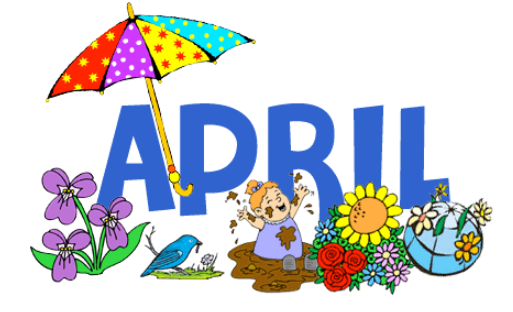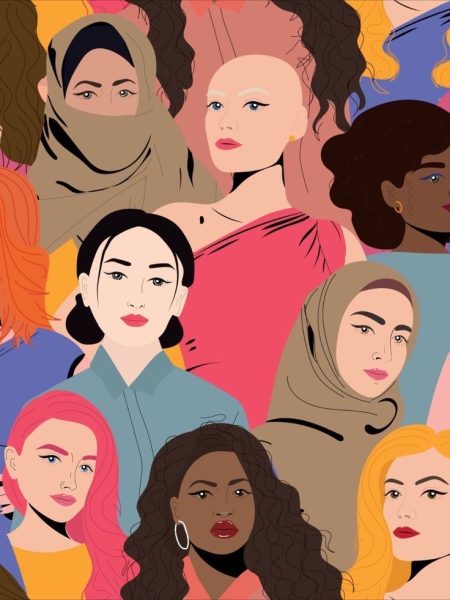Ending Obstetric Fistula together
According to the World Health Organization (WHO), “Each year between 50,000 and 100,000 women worldwide are affected by obstetric fistula…” (https://bit.ly/33a7yqY) Obstetric fistula, a serious medical condition, is a hole in the birth canal between the birth canal and bladder or rectum. It is common among women and girls in poor, less developed areas, such as sub-Saharan Africa, Latin America, Asia, and the Caribbean, where medical treatment is difficult to obtain.
Although obstetric fistula is easily treatable with a C-section, it often is not and has disastrous effects on the afflicted woman. Symptoms include bad-smelling vaginal discharge, pain and irritation in the genital area, and incontinence (lack of control over bowels). If left untreated, it will eventually lead to nerve damage, persistent infections, and even death in certain circumstances.
Unfortunately, this also negatively impacts their mental and emotional health. Instead of receiving desperately needed help and care, women and girls with obstetric fistula are often shunned and shamed by their community, friends, and family.
In 2012, the United Nations (UN), in response to many health organizations raising awareness for this medical condition, declared May 23 to be International Day to End Obstetric Fistula. To observe this day, people can donate to organizations focusing on women’s health issues, such as Campaign to End Fistula and Fistula Foundation, and learn about women who overcame obstetric fistula with treatment.

“For a second, I was thinking that I might write 5 articles this time. Then I reminded myself that I'm weak and can't handle it.”
Maya Nneoma Adimora...




